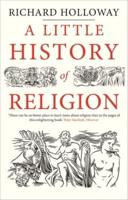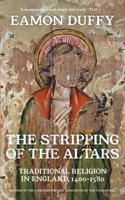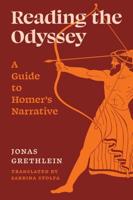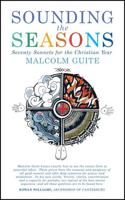Publisher's Synopsis
Lazarus Laughed - A Play for an Imaginative Theatre by Eugene O'Neill. Lazarus Laughed is a play by Eugene O'Neill written in 1925. Its sub-title was A Play for Imaginative Theatre. It is a long theo-philosophical meditation with more than a hundred actors making up a masked chorus. In theatrical format, Lazarus Laughed appears to be a Greek tragedy. But the underlying message is similar to the mystery plays from the Middle Ages. O'Neill's play, The Great God Brown, can be considered as an introduction to this play. The story features characters and events following the raising of Lazarus of Bethany from the dead by Jesus. As Lazarus is the first man to return from the realm of the dead, the crowd reacts intently to his words. Over and over again he declares to them that there is no death - only God's eternal laughter. The more Lazarus laughs, the younger and stronger he becomes. The more he laughs, the older and weaker his wife Miriam (who trusts him but does not understand his laughter) becomes. The subsequent scenes portray a series of tests (perhaps similar to those trials of Job) by the Jews, Romans and Greeks to try the faith of Lazarus. Consequently, members of his family are taken from him, but Lazarus continues always to laugh, even as Miriam is poisoned by the Roman Emperor Tiberius and continuing on to the very end, when Tiberius burns him at the stake. THE PLAYS OF EUGENE GLADSTONE O'NEILL Eugene Gladstone O'Neill (October 16, 1888 - November 27, 1953) was an Irish American playwright and Nobel laureate in Literature. His poetically titled plays were among the first to introduce into American drama techniques of realism earlier associated with Russian playwright Anton Chekhov, Norwegian playwright Henrik Ibsen, and Swedish playwright August Strindberg. His plays were among the first to include speeches in American vernacular and involve characters on the fringes of society, where they struggle to maintain their hopes and aspirations, but ultimately slide into disillusionment and despair. Of his very few comedies, only one is well-known (Ah, Wilderness!). Nearly all of his other plays involve some degree of tragedy and personal pessimism. O'Neill was born in a Broadway hotel room in Longacre Square (now Times Square), in the Barrett Hotel. The site is now a Starbucks (1500 Broadway, Northeast corner of 43rd & Broadway). A commemorative plaque is posted on the outside wall with the inscription "Eugene O'Neill, October 16, 1888 November 27, 1953 America's greatest playwright was born on this site then called Barrett Hotel, Presented by Circle in the Square."









